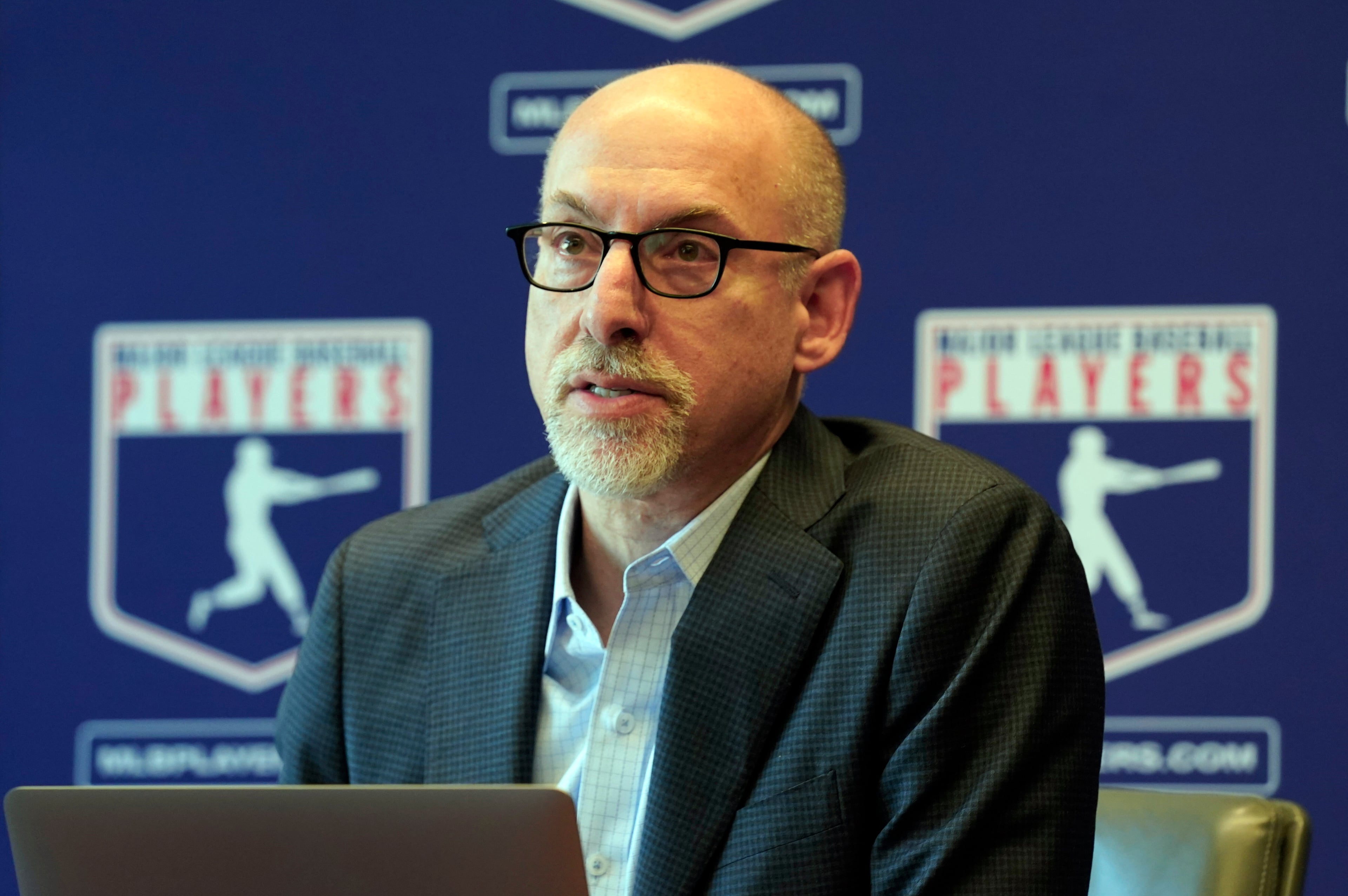Campaign cash buying tons of ads
Iowa’s airwaves are already jammed with ads, most of them negative, in one of the Senate races nationwide that will decide which party claims the majority.
The ads come one after another in an onslaught of spin that galls voters.
“In Iowa you see a lot of ads. You learn to identify the ones that are trying to feed you full of crap,” said 62-year-old Mike Vincent of Keota, a registered Republican.
The inescapable deluge is not confined to Iowa, and it’s only going to get worse.
Election Day is just two months off and the national tab for the 2014 campaign already stands at $1 billion. Before it’s all over, the bill for the first midterm election since both Democrats and Republicans embraced a historic change in campaign finance is likely to grow to $4 billion or more.
TV ads try to reach the few who are able to be swayed and willing to vote. In the closest Senate races, that translates into a price per vote that could double that of the 2012 presidential election.
Just turn on the TV in Des Moines. On a recent night, an ad against Democratic contender Bruce Braley and for Republican rival Joni Ernst aired back to back. They were among the eight ads jammed into a 30-minute local newscast.
Concerned Veterans for America, an outside group, ran a 30-second ad criticizing Braley for not doing more to fix the U.S. Department of Veterans Affairs. “Congress was warned, but Bruce Braley ignored it.”
Ernst’s campaign comes up next, with an ad showing American flags, farmland and churches. “It’s a long way from Red Oak to Washington, but I’m asking for your vote because I’ll take your values there,” Ernst says. Red Oak is her hometown.
The ad blitz has left things cloudy for Gloria Pace, a 72-year-old retiree from Des Moines. The negative ones against Braley have upset Pace, but she’s not sure they are true.
“I don’t know what to believe and what not to believe,” Pace said.
Total spending in Iowa’s Senate race has topped $18 million, according to data compiled at the nonpartisan Sunlight Foundation.
Even though both political parties are tapping outside groups for seemingly unlimited spending, turnout in the primaries has been at near historic lows. Enthusiasm shows no sign of changing come November.
That means that each vote is going to be more costly than ever before.
The most expensive race, so far, is Kentucky’s Senate race, at $36 million and counting. The ads stack up heavily, with dueling appeals to female voters from Senate Republican leader Mitch McConnell and Democratic challenger Alison Lundergan Grimes.
“They are getting annoying because it’s the same thing over and over. Finally it just disturbs you enough until sometimes you think you won’t even vote because of that,” said Pamela Blevins, a Grimes supporter in Pike County who plans to vote.
In North Carolina, the tab now tops $28 million.
On a recent evening, six of the seven political spots either supported Democratic Sen. Kay Hagan or attacked her Republican rival, state House Speaker Thom Tillis.
The heavy spending on ads just feed into the frustrations of North Carolina’s voters.
“I literally turn them off,” said Terry Hutchens, 66, of Raleigh, who runs a leasing equipment company. “My personal opinion is there’s too much money in politics, which is like giving a drug addict too much cocaine. Nothing’s good going to come from it.”

